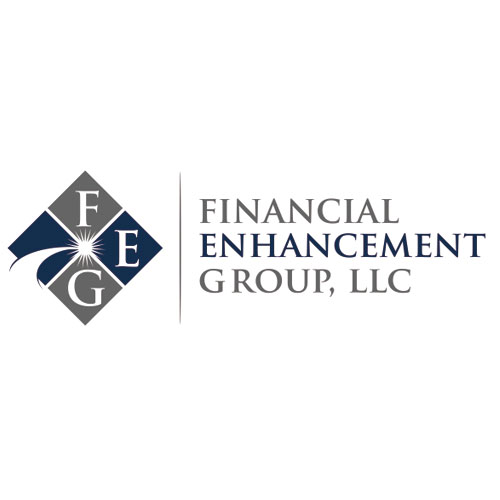[vc_row][vc_column width=”1/4″ offset=”vc_hidden-xs”][vc_widget_sidebar sidebar_id=”sidebar-main”][/vc_column][vc_column width=”3/4″][vc_column_text]
Ben Franklin’s words from more than two centuries ago remind us that, “in this world nothing can be said to be certain, except death and taxes.” I do my best to help the families I serve reduce their tax liability, but there's nothing I can do on the death front. Sadly, I lost a dear friend and mentor this week. While we get no say regarding when friends and family pass, we do have some say in our responsibilities after their passing. Please understand what you are getting into when it comes to trusts, wills and investments.
Complex estates usually involve trust documents, but it is becoming common for average size estates to use trusts as well. A trust consists of the grantor(s) who made the tax-free transfers into the trust and the trustee who tends to be the grantor. There are lifetime beneficiaries who again tend to be the grantors, and there are remaining beneficiaries after the grantors pass away. A successor trustee takes over when the original trustees are deceased or incapable of serving in their best interest. The loss of my friend resulted in my new role as successor trustee.
When you form a trust, you must go through the funding process. Creating (referred to as drafting) a trust is akin to forming a company. You can create a business name, but if you don't fund the company or generate a revenue stream, all you have is a name. A trust is no different. You must title or deed assets into the name of the trust.
Although it shouldn’t happen, people often wind up with assets both inside and outside the trust. Individuals either pass away intestate meaning they didn't have a last will and testament, or they die gestate with their will in place. If you have a trust, your will is probably intended to serve as a pour-over that says anything you forgot to place in the trust should be placed there. Sadly, such intentions won’t keep you out of probate, although at least you’re assured that your assets will get where you want them to go.
It is important to understand that your trust only contains the assets that you funded into the trust during your life or via a will. Many times, families visiting our office have established trusts, but their investment accounts are held in their own name. This approach is a mistake 99 percent of the time. Their IRA accounts should be in individual names but the other accounts should be in the trust’s name.
As I prepare to fly to Houston and Salt Lake City to say goodbye to my friend and pay my respects. I must also explain to his sons that as trustee, I am in charge of their trust but only their trust. For some reason, my friend left several businesses, cars and homes outside of the trust. Though I am honored to help, as successor trustee, I may only serve over what is in the trust.
Disclaimer: Do not construe anything written in this post or this blog in its entirety as a recommendation, research, or an offer to buy or sell any securities. Everything in this post is meant for educational and entertainment purposes only. I or my affiliates may hold positions in securities mentioned in the blog. Please see my Disclosure page for full disclaimer.[/vc_column_text][/vc_column][/vc_row][vc_row][vc_column offset=”vc_hidden-lg vc_hidden-md vc_hidden-sm”][vc_widget_sidebar sidebar_id=”sidebar-main”][/vc_column][/vc_row]


